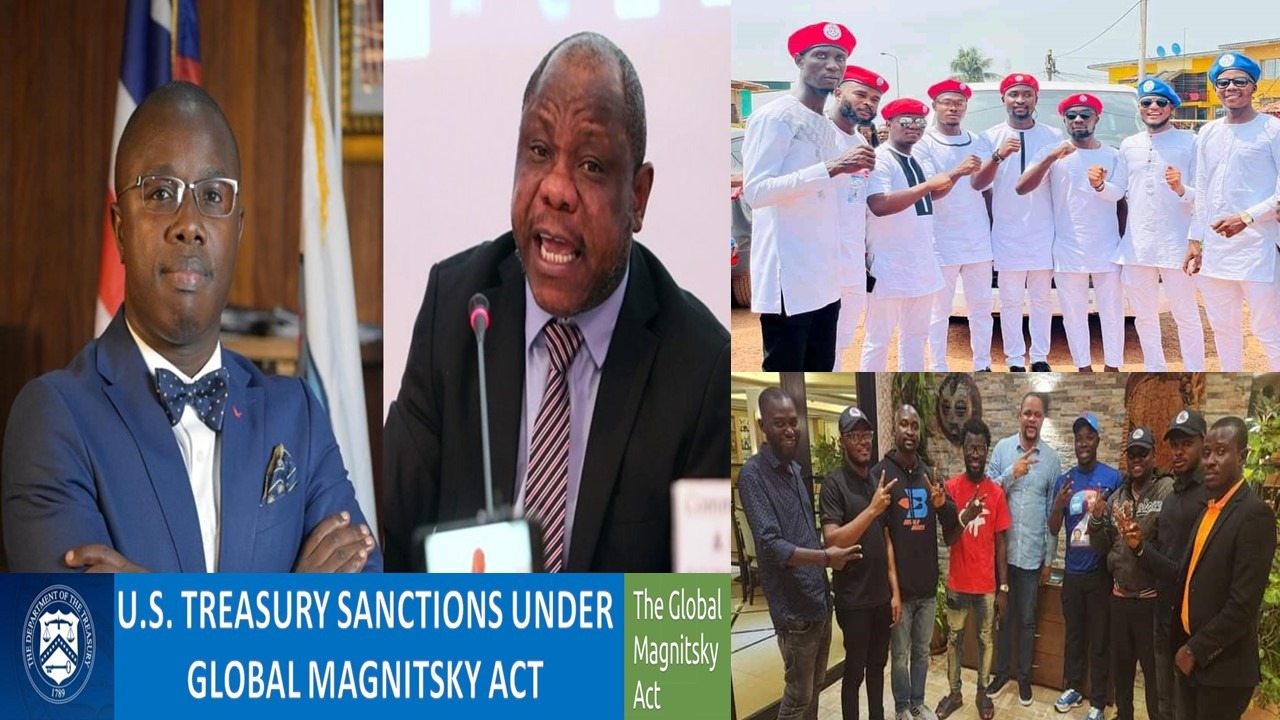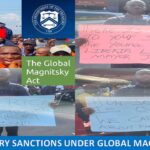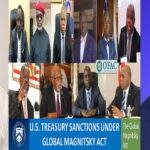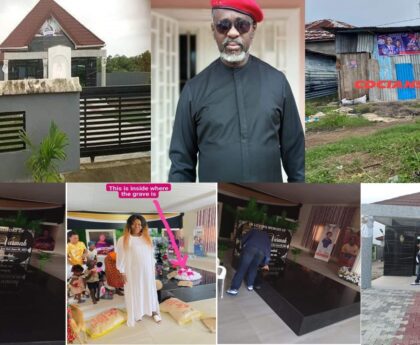In a press conference held by the Congress for Democratic Change – Council Of Patriots (CDC-COP), the organization questioned the recent sanctions imposed by the U.S. Treasury Department, describing them as a political tool aimed at suppressing political opposition. The CDC-COP, a prominent civil rights political movement in Liberia, raised concerns about the nature of these sanctions and their potential impact on the country’s political landscape.
Disputed Grounds for Sanctions
The CDC-COP presented a comprehensive rebuttal to the allegations leading to the sanctions, highlighting several points of contention. Firstly, the organization argued that the accusations against Mayor Jefferson T. Koijee were based on unsubstantiated claims from individuals with a history of animosity towards him. They emphasized the lack of empirical evidence supporting the sanctions.
Secondly, the CDC-COP questioned the reasoning behind equating an alleged student graduation with human rights abuse. They suggested that the U.S. Treasury Department had overlooked crucial details, such as a denied asylum case linked to the graduation, further raising doubts about the validity of the sanctions.
Thirdly, the organization criticized the imposition of sanctions on Mayor Koijee for actions related to a protest, emphasizing that the mayor is not the Inspector General of Police and should not be held responsible for police crowd-dispersal actions. They asserted that the sanctions lacked due diligence and contradicted the principles of justice.
Political Nature of Sanctions
The CDC-COP went on to argue that the sanctions were politically motivated. They questioned the fairness of singling out Mayor Koijee for alleged corruption without providing specific instances. The organization further pointed out the absence of sanctions against individuals associated with known human rights abuses, raising concerns about selective targeting.
The CDC-COP also expressed dismay at the inclusion of prominent figures like Finance and Development Planning Minister Samuel D. Tweah on the sanctions list, despite positive assessments of his handling of corruption by institutions such as the Millennium Challenge Scorecard.
Allegations of an Indigenous Conspiracy
The CDC-COP went beyond challenging individual sanctions, alleging an Indigenous Conspiracy orchestrated by the Unity Party Alliance, led by Joseph N. Boakai. They claimed that the Unity Party had paid for sanctions against specific individuals, creating a dangerous precedent that could undermine the peace and stability of Liberia.
The organization urged U.S. President Joe Biden to investigate the process of placing sanctions, expressing concern that the practice of using sanctions as a political commodity could contribute to the growing influence of China and Russia in Africa. They called for a respectful approach to international relations and condemned what they perceived as interference in Liberia’s domestic affairs.
Conclusion
In conclusion, the CDC-COP presented a strong defense against the sanctions imposed by the U.S. Treasury Department. They highlighted alleged contradictions, questioned the motives behind the sanctions, and raised broader concerns about the implications for Liberia’s sovereignty. As the organization anticipates potential threats to its members, they remain resolute in their commitment to defending Liberia’s civil rights and sovereignty. The CDC-COP’s call for an investigation and a reconsideration of the sanctioning process resonates with their stance on justice, rule of law, and protection of the nation’s interests.




